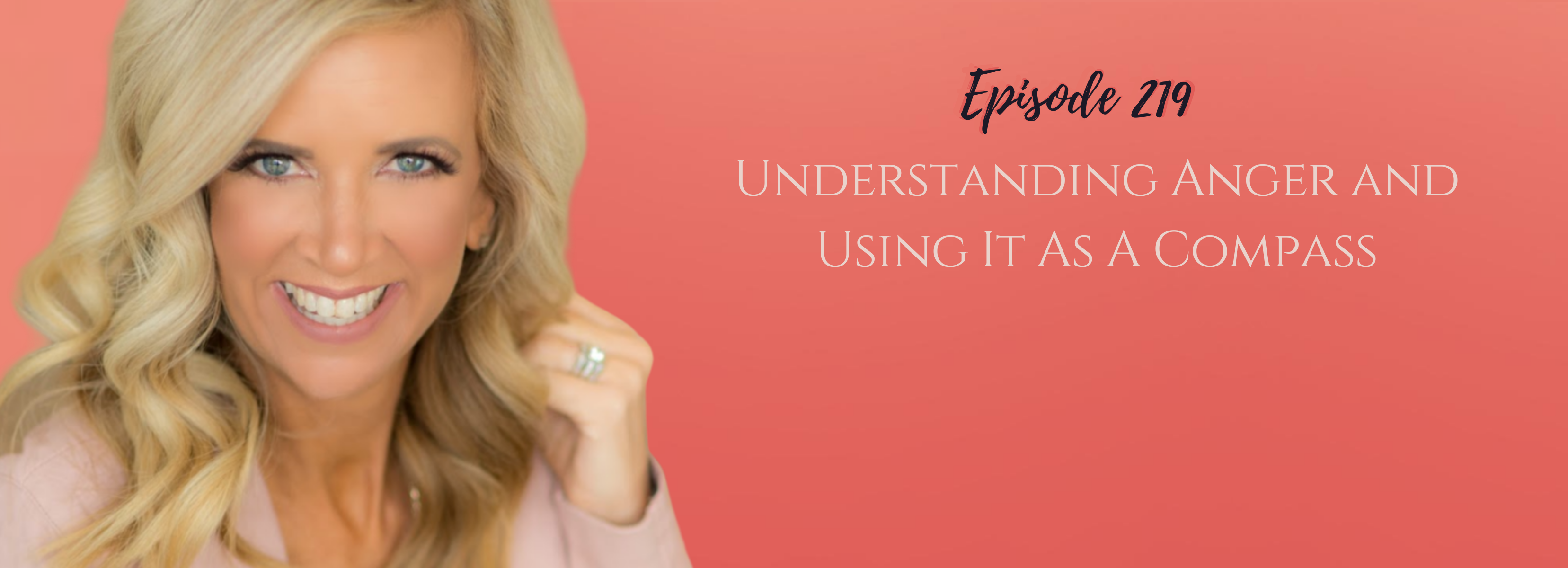
Understanding Anger and Using It As A Compass with Moshe Ratson| 6.28.2023
In this episode, Kristen talks with Moshe Ratson, a psychotherapist and author of "Anger is Your Compass: Harness the Wisdom of Anger and Transform Your Life," about getting uncomfortable with emotions, specifically anger. They discuss the distinction between anger and aggression, the needs underlying anger, and how to work through feeling unseen and unheard when expressing our needs to others.
You'll Learn
- How to identify and challenge negative thought patterns that contribute to anger.
- Effective communication techniques to express your anger assertively and constructively.
- The impact of stress and self-care on managing anger and maintaining emotional well-being.
- Strategies for embracing and understanding emotions, particularly anger, to create positive change in your life.
Resources
For counseling services near Indianapolis, IN, visit www.pathwaystohealingcounseling.com.
Subscribe and Get a free 5-day journal at www.kristendboice.com/freeresources to begin closing the chapter on what doesn’t serve you and open the door to the real you.
This information is being provided to you for educational and informational purposes only. It is being provided to you to educate you about ideas on stress management and as a self-help tool for your own use. It is not psychotherapy/counseling in any form.